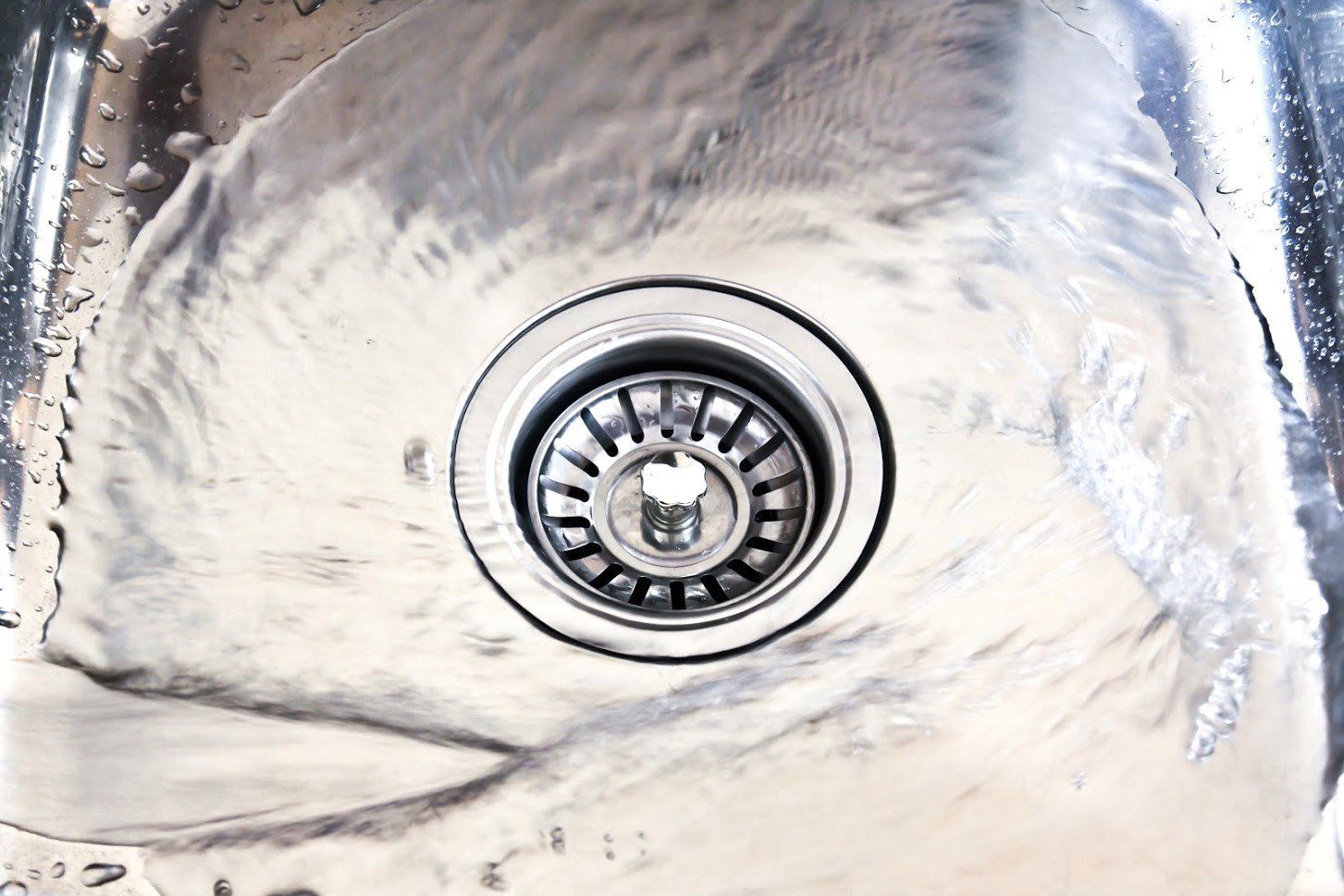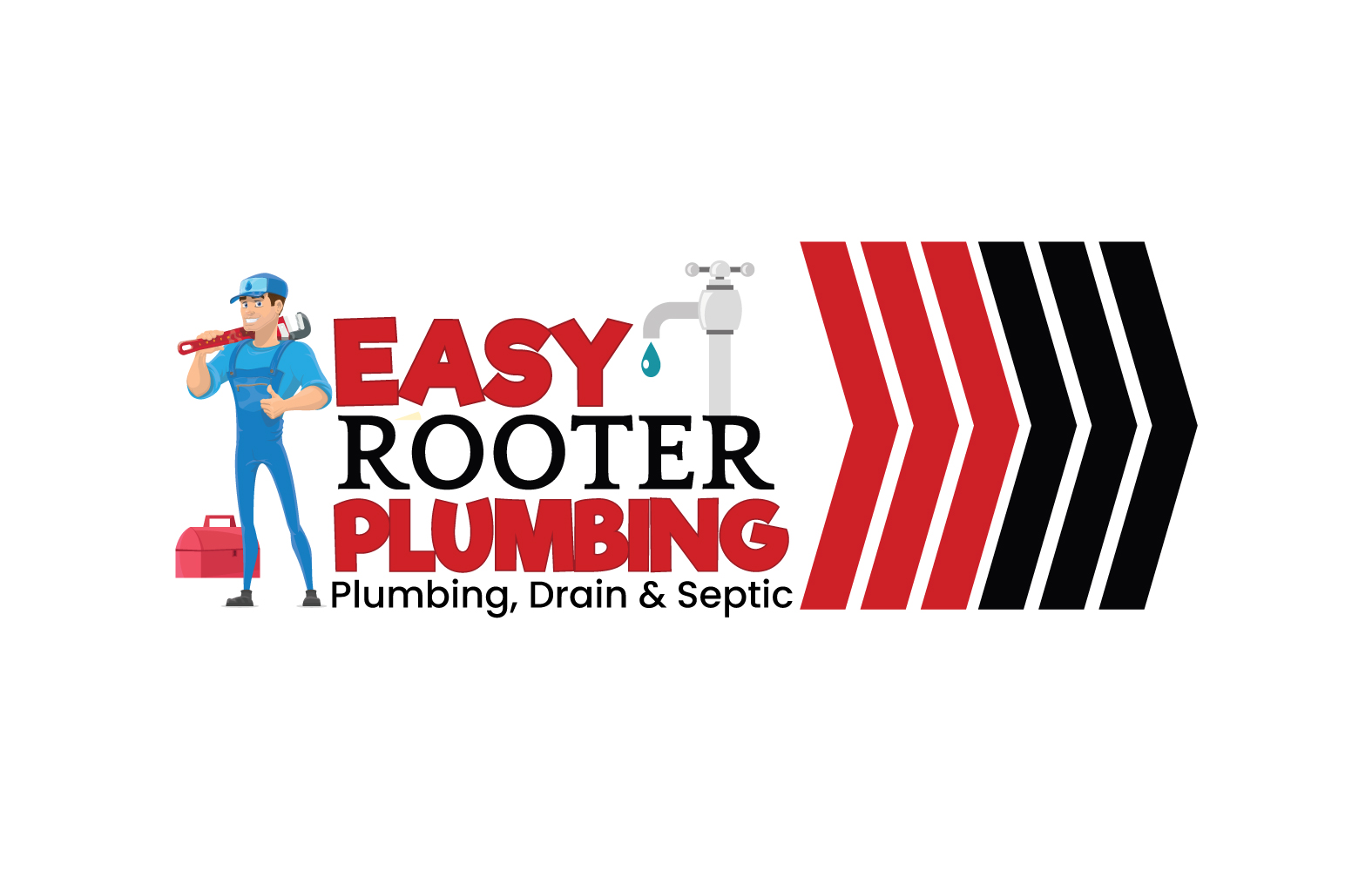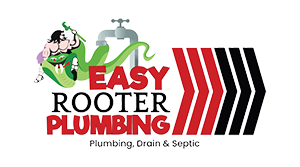5 DRAIN USE CHANGES TO HELP PROTECT YOUR SEPTIC TANK

When you flush items down a toilet, the material does not just disappear and break down in your system. Everything goes to a septic tank where items collect and can build up over time. Without proper maintenance, the condition of the septic tank can rapidly deteriorate, clog, or cause major issues.
Learn how to change the way you use your drains, prevent septic tank problems, and treat your septic tank with the proper care it deserves.
1. Kitchen Sink Waste
The everyday use of our kitchen sink can lead to problems in a septic tank if we are unaware. One of the problems includes the fats and oils from the foods we eat. If you cook items like bacon or ground beef, the fats you drain from the meats should not go directly into the drains.
As an alternative, clean out used cans and leave them by the side of the sink. As you drain fat from pans, you can put the fat directly into a can. Once the fat cools and dries, you can properly dispose of the pan. As an alternative option, you can let the oils harden directly in the pan and then use a rubber spatula to scrape all of the oils off into the garbage.
If the fats go down the drain, the oils will harden and build up on the sides of a septic tank. The buildup will slowly increase over time and create problems. Along with oils, food particles also create issues if they do not break down properly.
Sometimes, you may have trouble preventing the waste from going down the drains. One way to help is with an effluent filter. The filter goes right into the septic tank and will help catch solids and prevent their release into the septic system. Any time you drain your septic system, the filter will also be cleaned out.
2. Garbage Disposal
If your kitchen sink has a garbage disposal, you might just place items inside, flip on the disposal, and call it a day. Unfortunately, many items are not suited for a garbage disposal. While the installation of a garage disposal seems convenient, the use of one could lead to many septic problems down the line.
For example, items like eggshells and coffee grounds could not only cause problems for the disposal but could lead to septic tank clogs as well. As an alternative to the garbage disposal, consider using a compost bin at your home. Keep a small bin in your kitchen for daily items, and then dump the bin into the compost collection at the end of each day.
Not only will you help prevent septic tank problems, but you will help the environment at the same time.
3. Toilet Use
When you flush items down the toilet, they seem to just disappear, but everything you flush goes directly into the septic tank. Other than toilet paper and human waste, you should avoid flushing anything else down the toilet. Diapers and feminine care products do not properly break down in the toilet, and even if the items flush, you could create some major septic issues.
Anything with plastic elements should not go down the toilet either. The objects include cotton swabs, wrappers, or disposable plastic gloves. Throw latex items directly in the trash too. The latex will not break down and can easily stretch out to create blockages.
You should also be wary of using wipes when you go to the bathroom. Even if a wipe is labeled as flushable, the thickness of the material can cause blockages and will take longer to break down within the septic system.
4. Arts and Crafts
If you like to paint and do other crafts, the waste from your paints should not be rinsed and let down the drains. Just like the oils from foods, the oils from paints could lead to septic problems and could possibly contaminate the natural water system.
Local waste stations will often have sections to dispose of oils and other hazardous waste. You can purchase a special container to put your paint waste. Once the container is full, you can drain it at a proper facility and then reuse the container for paint waste in the future.
Do not rinse brushes or other paint supplies in bathtubs or sinks, or problems may quickly arise.
5. Pet Care
Our pets are an important part of our lives, but the animal waste could lead to problems. One of the main problems associated with pets and septic problems is cat litter. Cat litter can not only clog toilets but will create septic issues and buildup. Moreover, you may need to contact professional plumbers in Reno to resolve the issue.
If cat litter odors become a problem, set up a waste solution like a sealed container in your garage. Change the way you treat the litter, and look for a premium product to help reduce the odors.
For all your septic tank needs, contact us at Easy Rooter Plumbing. We will help diagnose any plumbing or septic tank problems and complete repairs so the problems do not get worse in the future.


